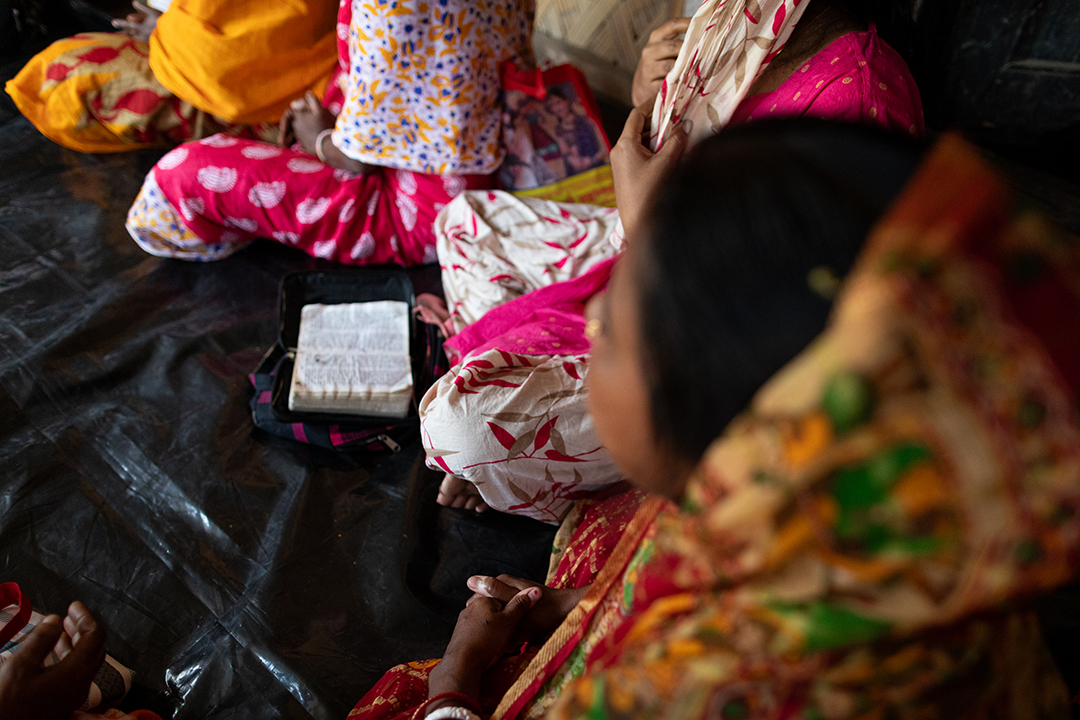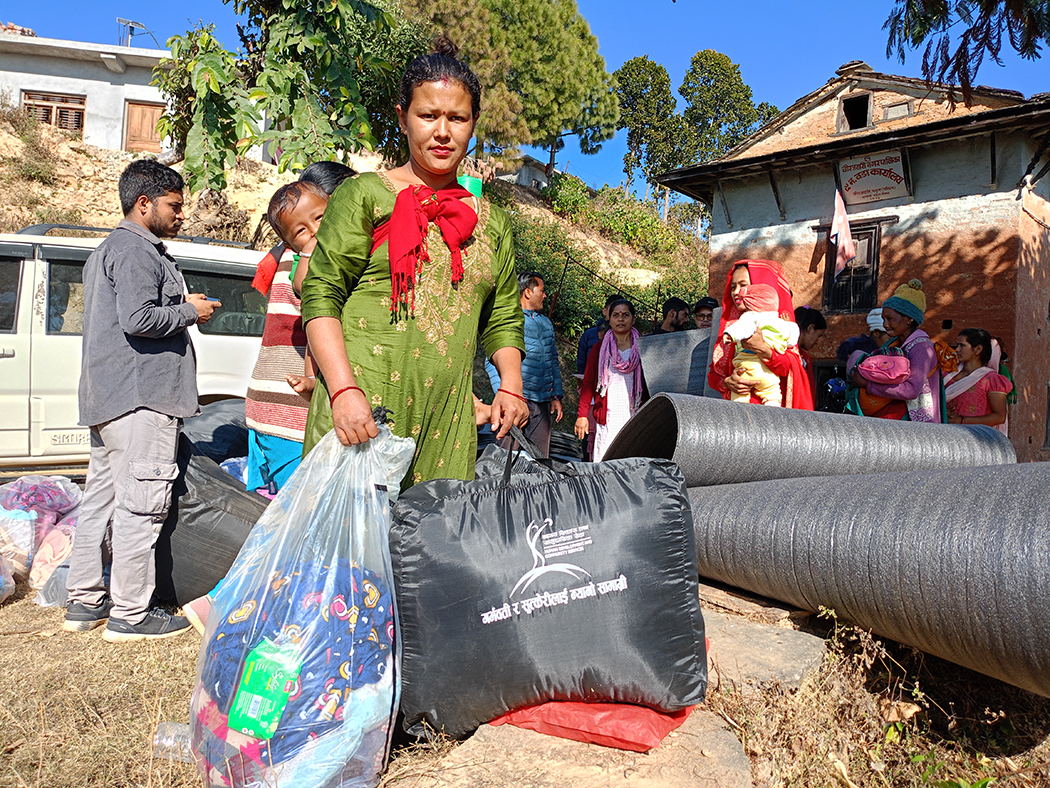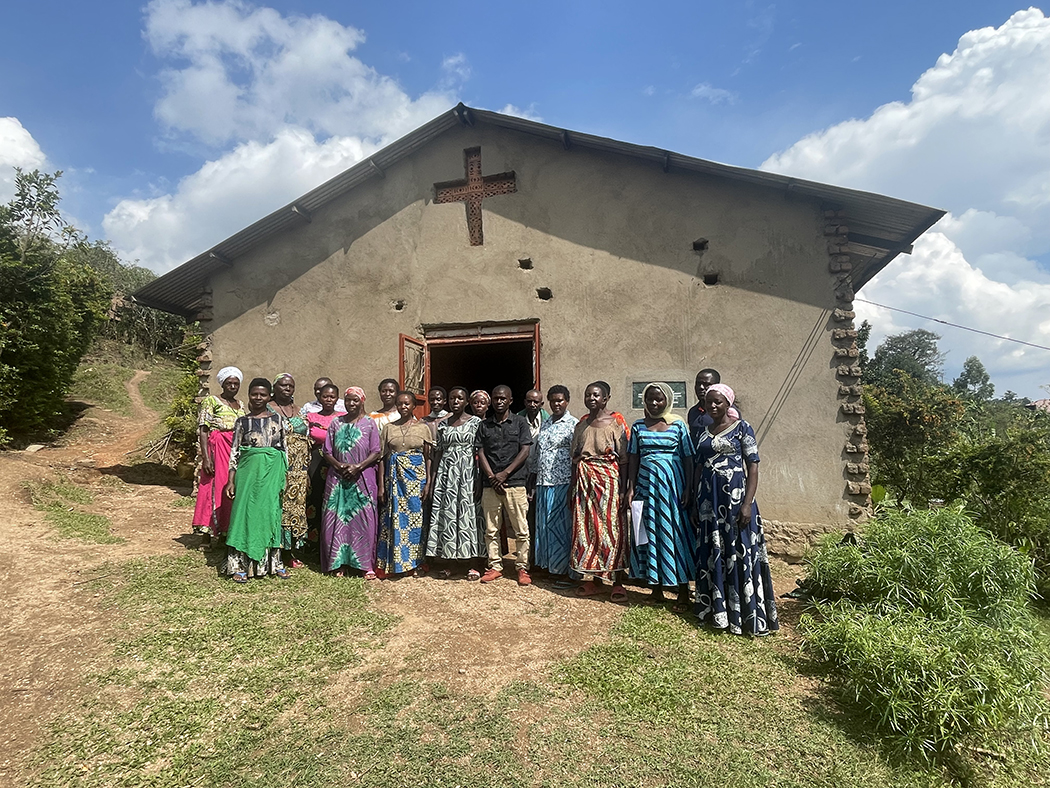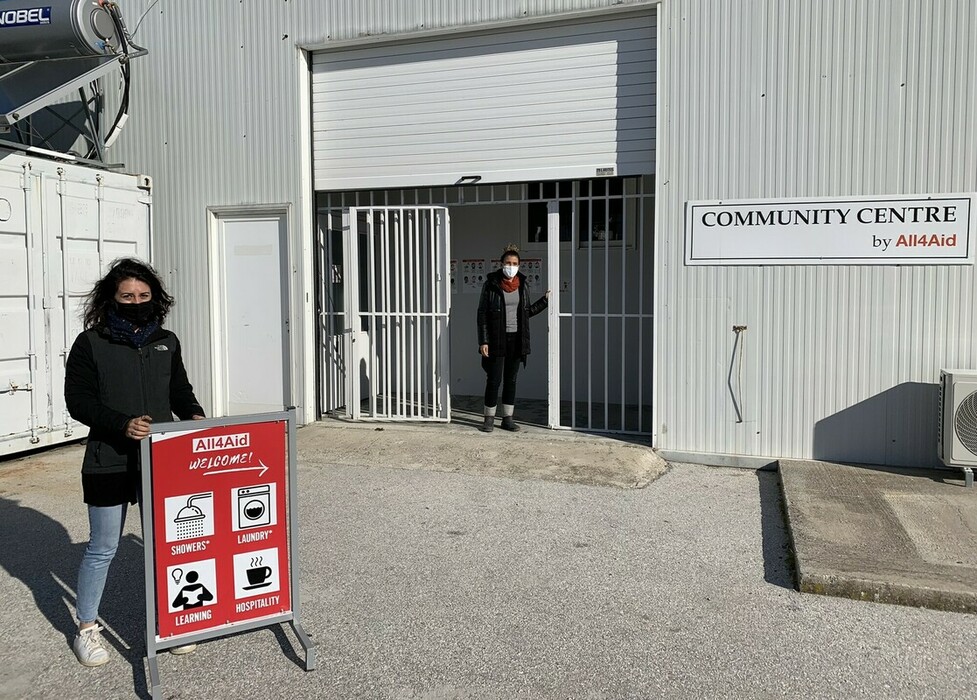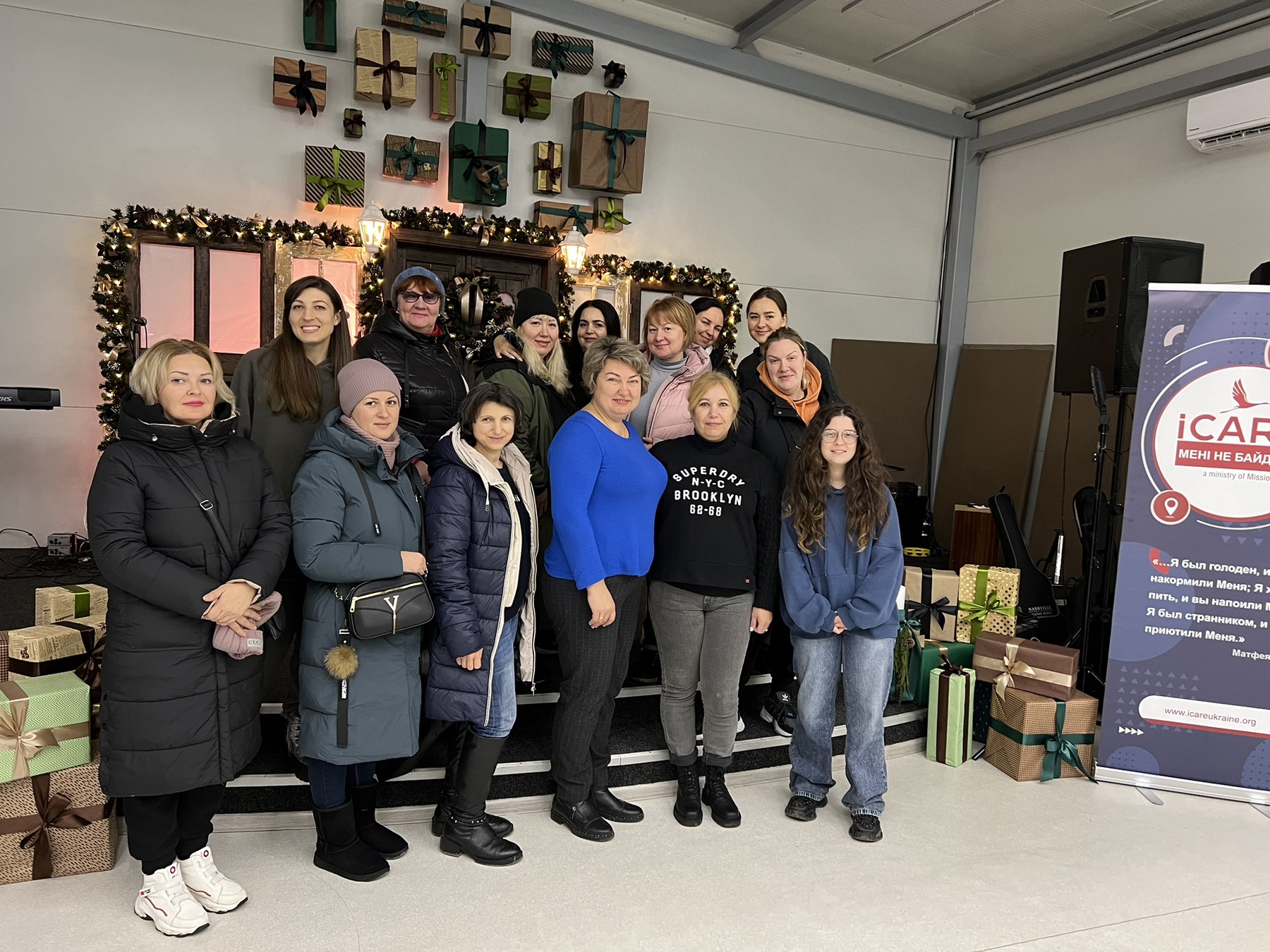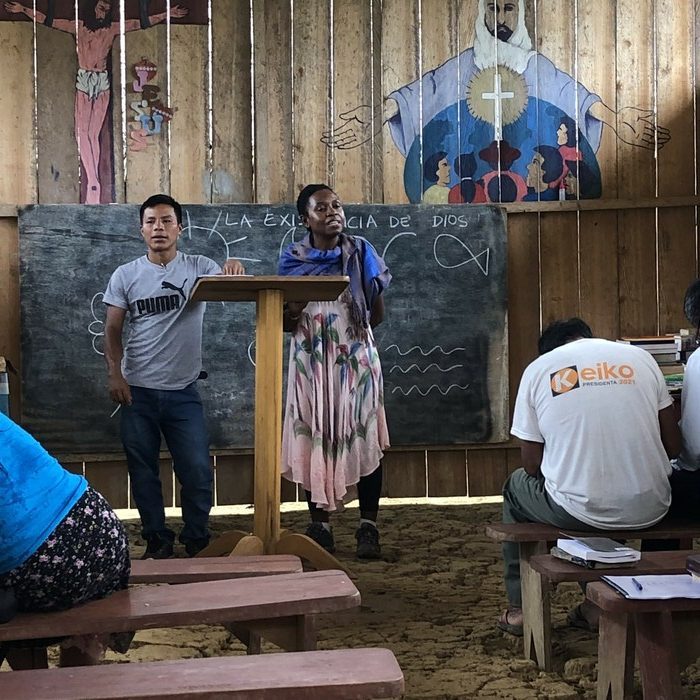This is what a BMS worker looks like:
Why money isn’t a dirty word
Benon Kayanja does not save people.
Benon is surrounded by people who are still struggling years on from the conflict in Uganda that saw the deaths of 100,000 people, and displaced two million others. Every day, he sees people who are dealing with effects of poverty, who can’t get a job, who can’t provide for their families. Benon oversees BMS World Mission’s work in Uganda, his home country, where he serves as an international mission worker. He makes sure that the various projects BMS supports there run smoothly – from hooking up rural churches with solar panels to teaching people how to make charcoal. His work has changed the lives of people living in poverty and has brought stability to people dealing with the aftermath of war.
And yet. Benon Kayanja does not save people.
Because Benon has a passion for one project in particular. It’s called Village Savings Groups (VSGs), and they exist to provide an income to people in rural communities. “I have a lot of passion for financial inclusion,” says Benon. “I want to make it possible for communities away from cities to have easier access to finance.”
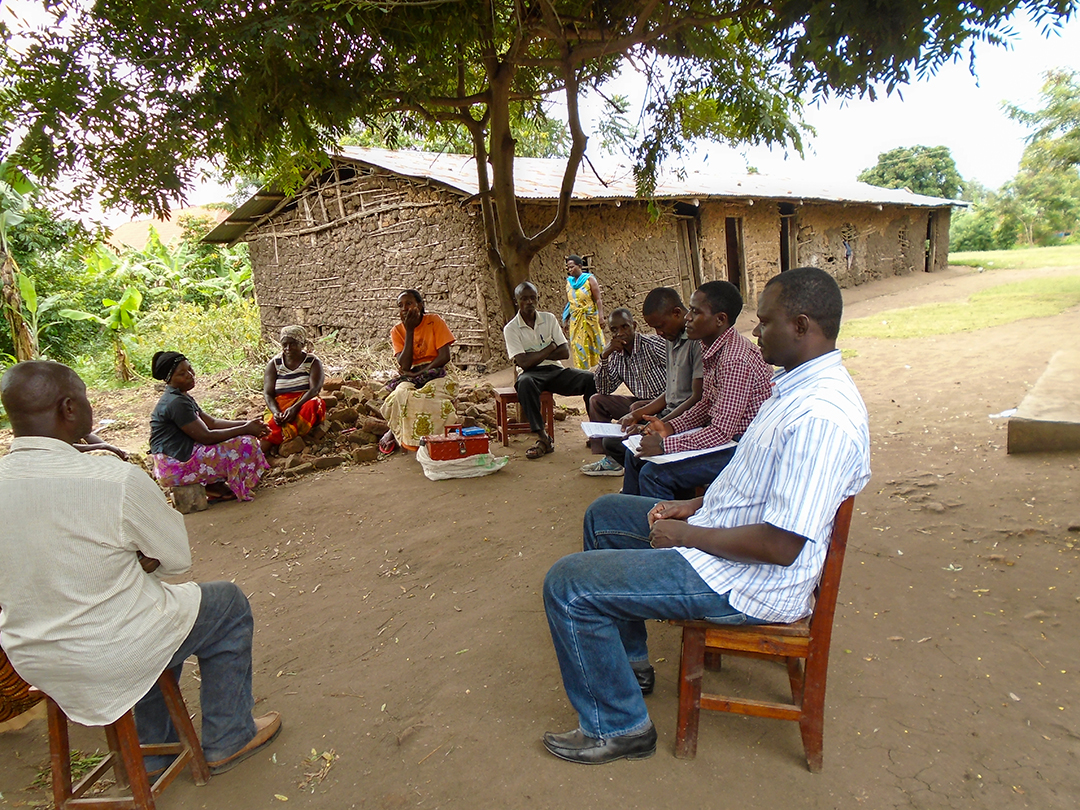
But for anyone concerned that all this sounds rather mercenary, the VSGs do so much more than just give people money. Take Andrew’s story for instance. When he first joined his local group, he didn’t have a job, and had no way to provide for his family. He heard about his local VSG through his church, and knew that it could change his life. To join the group, Andrew had to raise some money to put into a shared fund. Right from the off, he was investing in the scheme with his own money, and investing in the other people in the group who were now, in a way, his business partners. He invested to improve his life, and the lives of his community with it.
The three parts of a village savings group
1. The shared fund
Every member puts the same amount into the pot when they first join the VSG. It means everyone is invested in the programme and gives each member a sense of ownership over the group.
2. The social fund
This fund is used to help the group members when they run into problems in their everyday lives. If they need help paying for the children’s school fees, or need to buy materials to fix their home, they can borrow money without interest from the social fund.
3. The development fund
Money borrowed from this fund is invested in a business. When you’ve made enough profit, you pay back your loan, and also contribute some money towards the social fund.
When it came to Andrew’s business, his idea was simple: he withdrew 200,000 Ugandan Shillings (the equivalent of around £40) from the shared fund and bought 50 chicks. He reared them and sold them on for profit. Your straightforward success story, right? A man without a job was able to start a business and earn some money. You could leave the story there. But if you look further, you’ll see how much more has come from this. Why money’s not only not a dirty word, but in this case, a source of blessing.
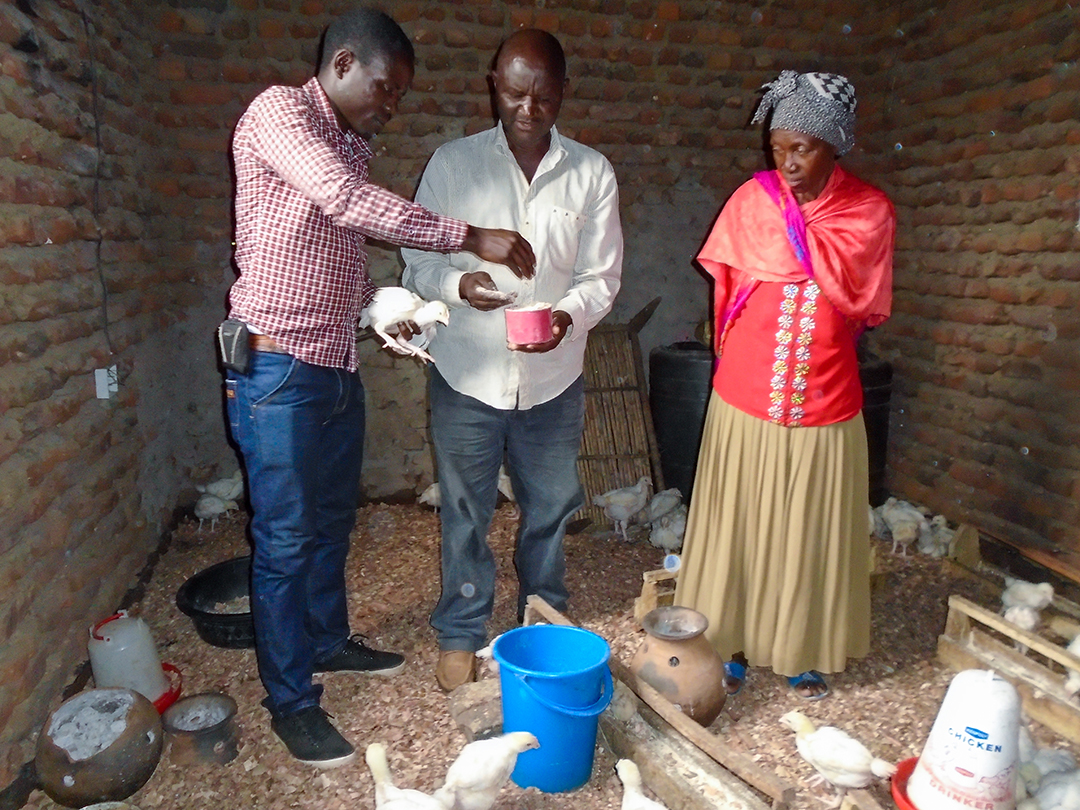
“Andrew now has a job and he’s working for himself,” says Benon. “We need to thank God that he has found work that equips him and that he runs himself.” Within six weeks, Andrew was able to pay back the money he had borrowed, and invest some money in the group’s social fund. He had a stable and sustainable way to provide for his family, and best of all, he doesn’t have to rely on the VSG any more. He’s able to carry on his business and support himself with his own money, but he knows that he has a community to turn to – his farmer ‘business partners’ – if he’s ever struggling again.
So Benon didn’t save Andrew. Nor did he save the other hundreds of people that have been through the VSGs programme. Because he didn’t have to. The scheme helps people save themselves. They don’t need handouts; they’re working together to enable and empower one another to raise themselves out of poverty. And you can stand alongside them as they do. By supporting workers like Benon, you’re enabling people to help themselves. Thank you.
We have some amazing people serving with BMS. Every single one of them has taken an incredible step of faith by serving God overseas and we are so grateful for them. If you’ve enjoyed this story about Benon, keep an eye out for the rest of the stories in this series about some more of our international mission workers! Sign up for our weekly email update to see when we release the next story in this series.

Words by Laura Durrant.


